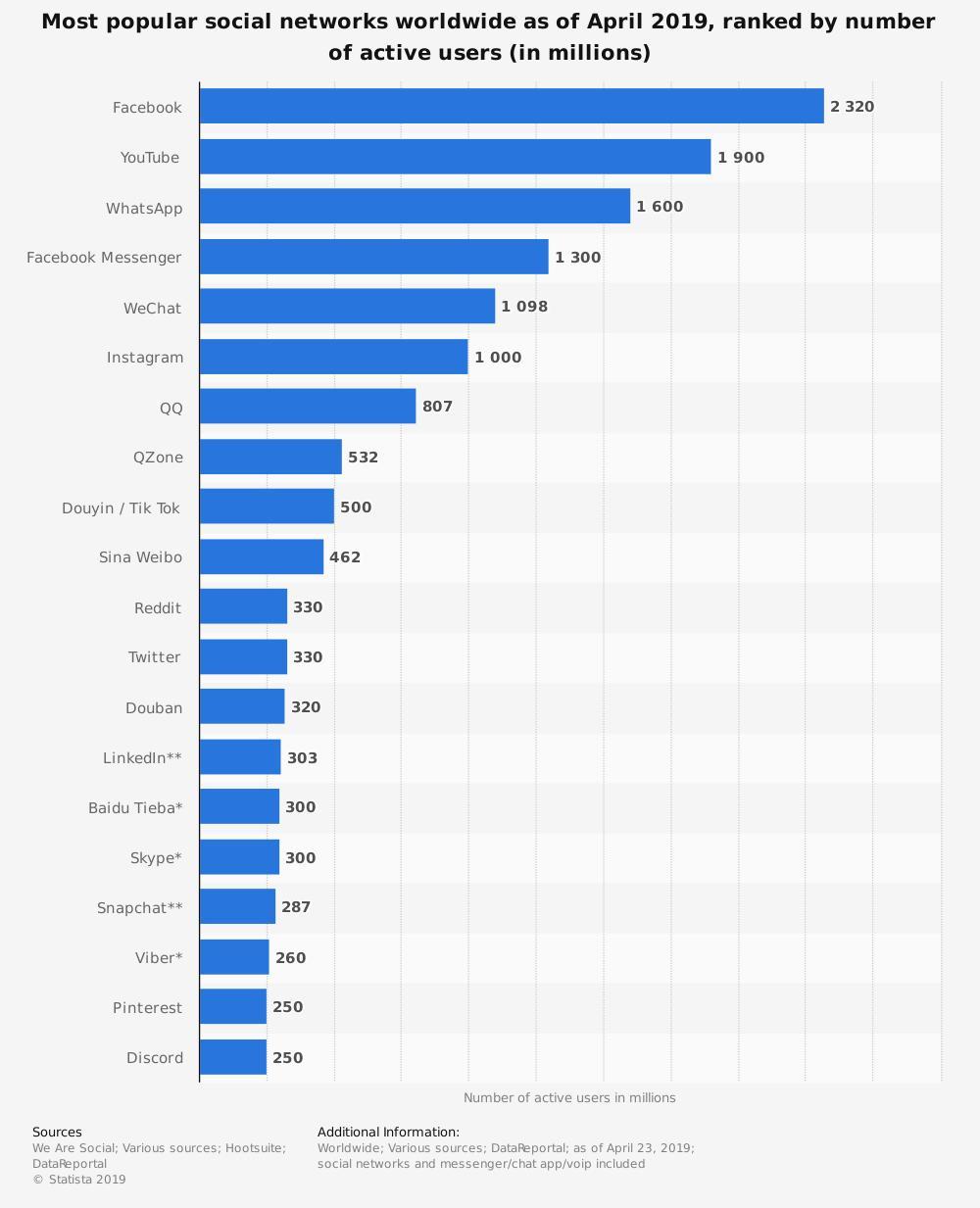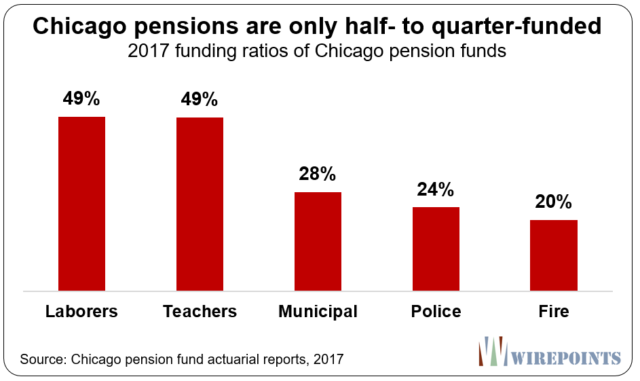“I’m not going to be a candidate for president in 2020,” Maryland Gov. Larry Hogan tells The Washington Post in an interview published Saturday afternoon.
Thus ends what was for months the Great #NeverTrump Primary Hope, in the form of a medium-sized blue state’s locally popular, nationally unknown purple governor. Jeb Bush had vouched for him; Jerry Taylor, president of the ex-libertarian Niskanen Center, had dedicated “every fiber” of his “being” toward convincing Hogan to run. But in the end the math was just too cruel: The incumbent president has a 90 percent job-approval rating among Republicans, and even in Maryland polling showed Hogan trailing in a head-to-head matchup, 68 percent to 24 percent.
“There was less of a demand out there in a Republican primary for the kind of thing we’re talking about right now,” Hogan says to the Post. “The president has a pretty solid lock on Republican primary voters.”
The news came one day after the anti-Trump Republicans’ other non–Bill Weld presidential wannabe, Ohio governor turned CNN commentator John Kasich, told his employer that there’s “no path right now for me. I don’t see a way to get there. Ninety percent of the Republican Party supports him….There is not a path. There’s not the support for that. So maybe somebody wants to run and make a statement, and that’s fine. But I’ve never gotten involved in a political race where I didn’t think I could win. And right now, there’s no path.” (True to form, Kasich later tweet-clarified “all of my options are on the table,” thus maintaining at least some thin reed for John Weaver to fundraise from.)
As ever, but even more so, that leaves Bill Weld all alone in the bug-on-Trump’s-windshield field. Would-be #NeverTrump backers like Bill Kristol are running out of warm bodies.
the host list for a reception for Bill Weld in DC next month. Names of Bill Kristol and Trevor Potter jump out. pic.twitter.com/61MKLOjI4W
— Dave Weigel (@daveweigel) May 30, 2019
So what’s Weld been doing to woo Republicans? Writing a USA Today column in favor of abortion rights and going on HBO’s Real Time with Bill Maher to talk up “gender equality” and assert that if Trump loses he probably would not leave office “voluntarily.” You can watch the latter performance, from Friday night—which includes Weld’s comments on why he isn’t running for the Libertarian nomination—below:
In nine national head-to-head polls since mid-February, Weld is trailing Trump (and consistently so) by an average of 70 percentage points. In three polls of New Hampshire, where Weld is pinning his hopes, he trails by an average of 64.
When I asked the former Massachusetts governor five weeks ago whether he’s running as “kind of an insurance policy” in case something goes wrong with the president, here is how he answered:
No. Not really. I mean, as you know, I’m spending a lot of time in New Hampshire, that’s my kind of territory. You’ve got to win the voters over in New Hampshire one at a time. They don’t really think they’ve met you, until they’ve shaken your hand three times. I don’t think that the president parachuting in that the eleventh hour to do two rallies, never meet people in their houses or on the street is going to work in that particular state. That’s an influential state….
Ten months is a long time in national politics. I’ve seen what can happen in the New Hampshire primary. Things can change very quickly at the end. I think the president ignores that, at his peril, frankly.
All has been predicted by Reason TV’s 2020 Presidential Campaign Blowout:
from Latest – Reason.com http://bit.ly/2Z2cIkC
via IFTTT












